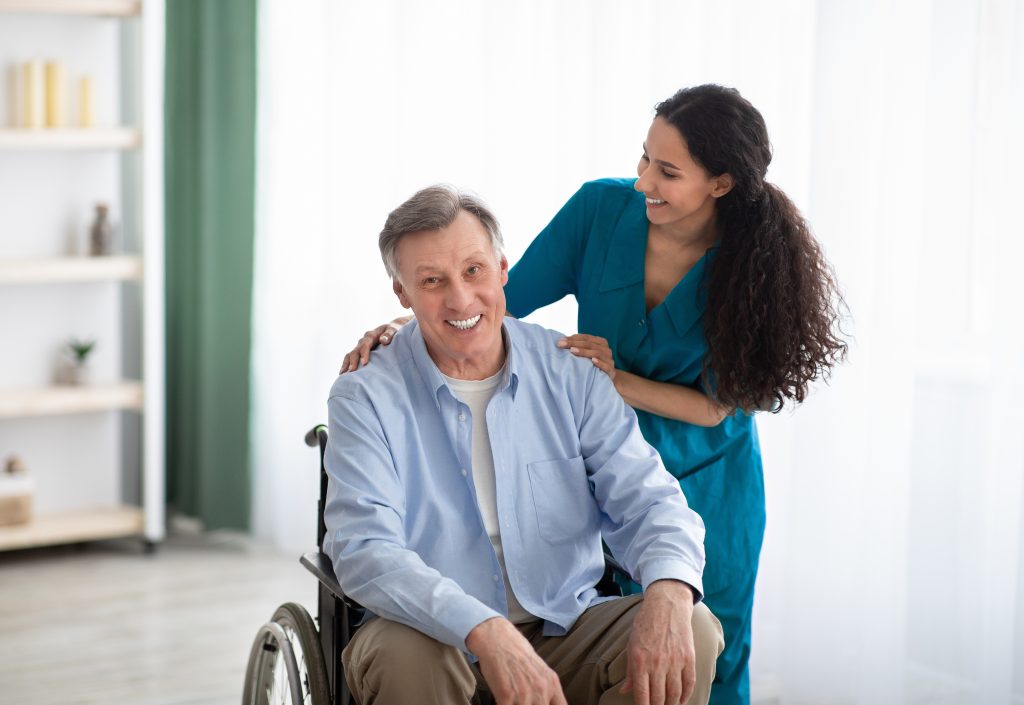Registered Dental Hygienists in Alternative Practice (RDHAPs) are uniquely positioned to make a lasting impact on oral health access, especially for patients with disabilities and those living in underserved communities. Their specialized training extends beyond traditional dental hygiene, equipping them with knowledge and skills tailored to care for individuals with disabilities.

Why Disability-Specific Training Matters
Patients with physical, developmental, cognitive, or medical conditions often encounter significant barriers when seeking dental care. Limited mobility, sensory sensitivities, or the need for complex medical coordination can make visiting a traditional dental office difficult, if not impossible.
RDHAPs are trained to recognize and respond to these challenges with sensitivity, adaptability, and a patient-centered approach. This training empowers RDHAPs to provide:
- Modified preventive techniques that accommodate a patient’s individual abilities and needs.
- Specialized communication strategies that support patients with developmental or cognitive disabilities.
- Care coordination that takes into account a patient’s medical conditions and medications.
Serving Where Care Is Needed Most
Beyond their advanced training, RDHAPs are licensed to provide care in non-traditional settings—such as skilled nursing facilities, residential homes, community clinics, and private residences. This mobility allows them to reach populations that often fall through the cracks of the traditional dental care system.
For patients with disabilities, this means access to preventive dental care without the stress of navigating transportation, unfamiliar environments, or long wait times. For caregivers, it offers peace of mind knowing that oral health is being addressed by a professional who understands the unique needs of their loved one.
Creating Health Equity Through Oral Care
By bridging the gap between specialized training and real-world accessibility, RDHAPs are not just delivering cleanings and preventive care—they are advancing health equity. They ensure that patients who have historically struggled to access dental services can finally receive care that is respectful, compassionate, and clinically appropriate.
In short, RDHAPs are more than dental professionals. They are advocates, educators, and trusted providers who bring disability-specific expertise to the people and places that need it most. Their work reflects a commitment to improving the quality of life and reducing disparities in oral health, one patient at a time.
Looking for an RDHAP for you or a loved one? Click below.
